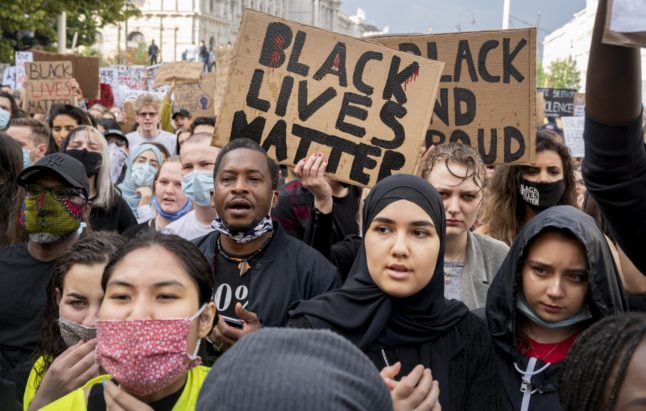More than half, 52 percent, said they had been racially abused or harassed on public transport because of their skin colour or ethnic origin. 47 percent said they had experienced harassment on the street and 13 percent said they had been physically assaulted on the street.
The data comes from a study of new minorities in Austria – focussing on people with darker skin. The European Training and Research Centre for Human Rights and Democracy in Graz interviewed a total of 717 people in Graz, Linz, Salzburg, and Innsbruck – all resident in Austria and with black skin.
Around 53 percent of study participants said they had been asked at least once by police to show their identification, and 51 percent said they felt that they had been mistreated by the police.
Almost 40 percent said that they had been denied access to restaurants or bars in the past six months, and 50 percent said that even if they had been admitted, they hadn’t been made to feel welcome.
30 percent felt that they had been treated disrespectfully by public officials. Two thirds of the study participants said that they had not felt able to complain about the disrespectful treatment.
Only 19 percent felt it was true that “the Austrian legal system treats all people equally, regardless of skin colour”. The medical system fared slightly better, with a third of respondents agreeing that “black people in Austria receive equally good medical care as whites”. Only 16 percent felt that they had been treated disrespectfully by a doctor.
The majority of respondents, two thirds, felt they were not disadvantaged in their workplace. 25 percent said they had experienced discrimination more than once and nine percent reported experiencing more frequent discrimination in the workplace.
Around 39 percent reported having witnessed racist statements in the course of their working lives. The majority of these came from colleagues (74 percent), followed by clients (23 percent), and supervisors (21 percent). 19 percent said they had experienced personal racist attacks, mostly from colleagues.
61 percent of respondents felt that black people living in Austria are perceived as “foreign” and 43 percent of those felt that this perception had a negative impact on their lives.
Almost 60 percent felt that black people were portrayed in a negative light in the media and public domain.
Austria's black community is estimated to number around 40,000 people.
Black footballer David Alaba had to complain to the state broadcaster ORF in 2012 about being racially insulted in a TV comedy sketch.



 Please whitelist us to continue reading.
Please whitelist us to continue reading.
Member comments